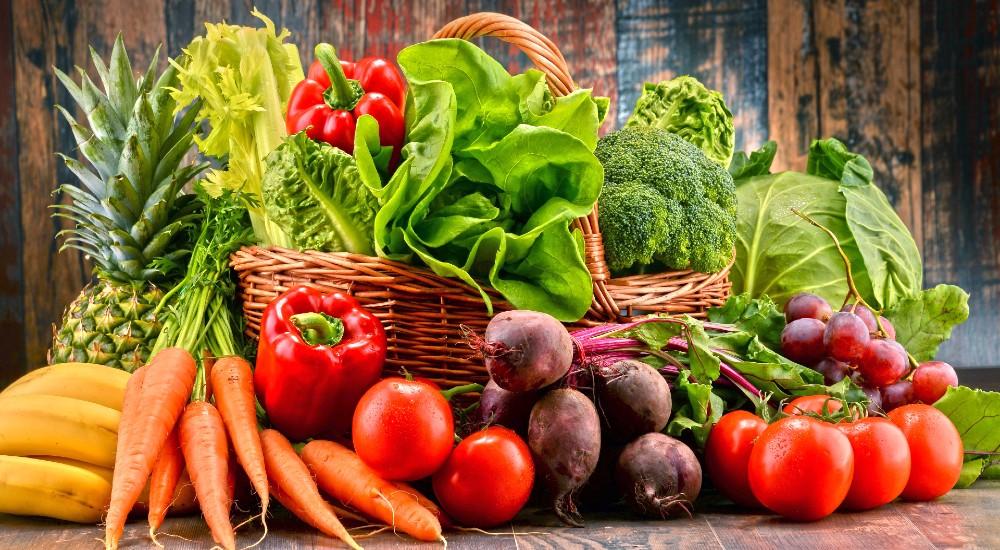NUTRITION AND ITS IMPACT ON ATHLETE’S PERFORMANCE
By Tchinda Jacob , Nutrition Incubator @ the J & A Oben Foundation
NUTRITION AND ITS IMPACT ON ATHLET’S PERFORMANCE
Sport is a physical activity aimed at improving one's physical condition in which an individual or a team competes against another or others for entertainment. On the other hand, nutrition, the process through which organisms, take nutrients from foods, plays a major role in sports effectiveness.
The impact of good nutrition on an athlete’s performance
An athlete’s performance usually depends on what he eats before and after sport.
Nutritional recommendations for athletic performance
An athlete’s diet should be similar to that recommended for a non-sporter, with energy intake divided into: 45 to 65% from carbohydrates; 15 to 25% from protein; and 20 to 35% from fat. Athletes who exercise strenuously for more than 60 to 90 minutes every day may need to increase the amount of energy they consume, particularly from carbohydrate sources. The recommendations for fat intake for most athletes are those from vegetables sources, with the preference for fats coming from oleic fraction of red palm oil, avocados, nuts and seeds.
The effect of poor nutrition on athletic performance
Poor nutrition can significantly hinder athletic performance. For example, a lack of carbohydrate intake can lead to fatigue, decreased concentration, and impaired performance - depending on the energetic demands of the sport. However, athletes should also aim to minimize the intake of high-fat foods such as biscuits, cakes, pastries, chips, and fried foods. Meanwhile, athletes are advised to adjust the amount of carbohydrate they consume for fueling and recovery to suit their exercise level. For example: light intensity exercise (30 mins/day): 3 to 5 g/kg/day; moderate intensity exercise (60 mins/day): 5 to 7 g/kg/day; endurance exercise (1 to 3 hrs./day): 6 to 10 g/kg/day; extreme endurance exercise (more than 4 hrs./day): 8 to 12 g/kg/day.
Vitamins and minerals needed for athletes
A variety of vitamins (vitamin B12, vitamin A, and vitamin C) and minerals (magnesium, calcium, and Iron) are needed in metabolism, help to break down food from bigger nutrients, such as carbohydrates and fatty acids, into smaller units that the body can use to turn food into fuel during physical activity. They are essentially present in fruits, vegetables, and milk products. On the other hand, deficiencies in vitamins and minerals can impact various bodily functions, including the immune system, bone health, and energy production. For instance, iron deficiency can lead to anemia, which can reduce an athlete's endurance capacity.
Proteins for athletes
Protein is singularly one of the most important nutrient classes for athletes. Consuming protein after exercises increases post-training adaptation and can help enhance performance for both strength and endurance exercises. However, for athletes, it’s recommended that between 1.4 and 2 grams of protein per kilogram of body weight are to be consumed per day to give the body what it needs to repair any damaged muscle fibers and improve recovery. Recommended protein foods for athletes are eggs, cottage cheese, Greek yogurt, tofu, beans, and lentils.
In conclusion, nutrition has been proven to optimize performance for numerous sports men and women. It plays a pivotal role in an athlete's performance and overall well-being. Therefore, athletes need to monitor their nutrition, adapting it to their needs with the right choices of foods, fruits, and vegetables if needed, and incorporating appropriate supplements by referring to the advice of a dietitian or nutritionist.

No comments yet. Start a new discussion.